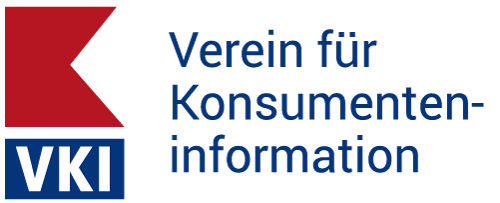Last year, Facebook, Twitter, YouTube and Microsoft agreed with the EU on taking common action against hate speech on the internet. The social media platforms commited to reviewing the majority of valid notifications of illegal hate speech in less than 24 hours and to removing or disabling access to such content, if necessary. Those commitments are summarised in a code of conduct.
Efficient, but lack of transparency
The EU Commission evaluates the progress every six months. Current results, recently published, show that the efficiency of the above mentioned companies has improved, when it comes to work through reports of hate speech: 51 percent of all notifications are being checked within 24 hours. "The companies are now removing twice as many cases of illegal hate speech and at a faster rate when compared to six months ago", says Vera Jourová, EU Commissioner for Justice, Consumers and Gender Equality, in a press release. The amount of deleted illegal content has doubled in the past six months, from 28 to 59 percent.
However, the social media companies still need to improve their communication with users. Facebook is the only platform who gives systematic feedback to consumers on how their notifications have been assessed. Especially regarding their specific criteria for deleting content, the companies show a lack of transparency that needs to be worked on.
What is illegal hate speech?
The public incitement to violence or hatred directed against a group of persons or a member of such a group defined by reference to race, colour, religion, descent or national or ethnic origin is a criminal offence, not only offline, but also online. The EU Commission cites a study according to which 75 percent of European consumers participating in or following a discussion online, have become witnesses or even victims of abuse, threat or hate speech. Almost half of them therefore stopped engaging in debates on the internet.
The EU Commission sees the risk of reduced public debates due to fear of discrimination. On the other hand, critics say that the deletion of comments, postings or content would be a kind of censorship. Therefore, the fight against illegal hate speech on the internet is a balancing act for the freedom of speech.
Read more:









